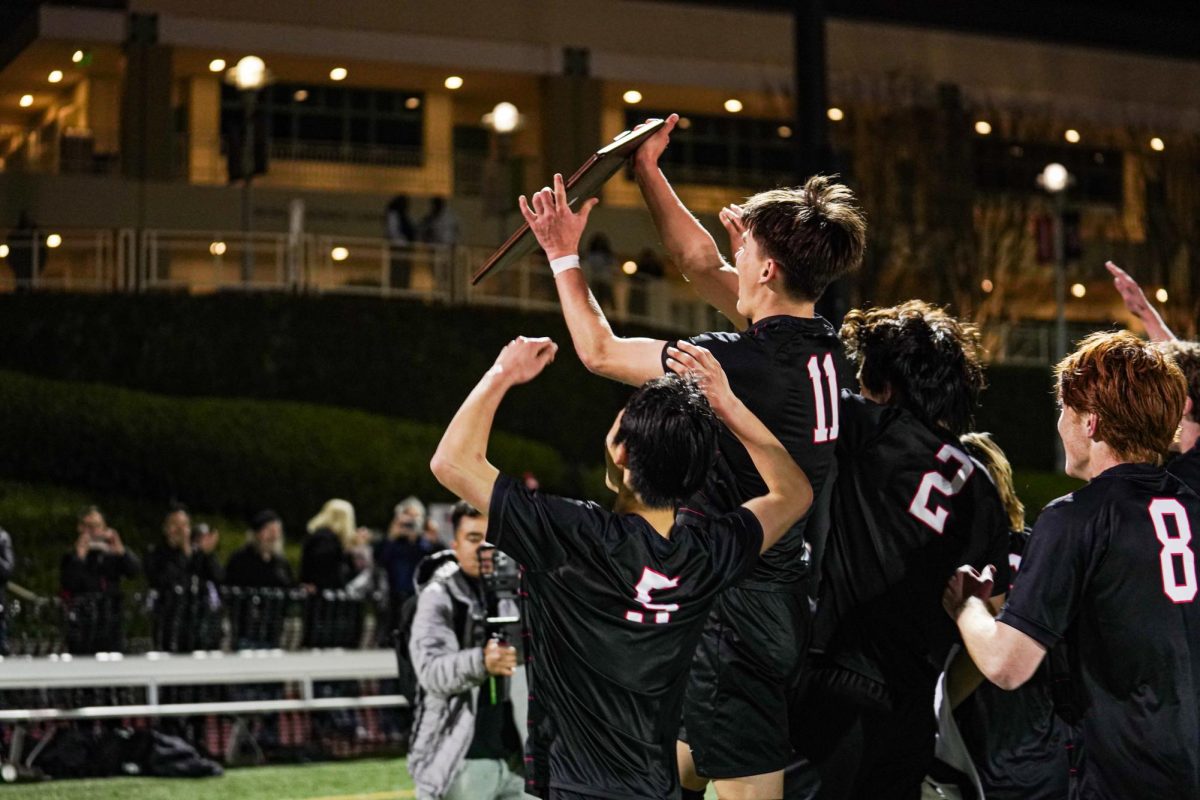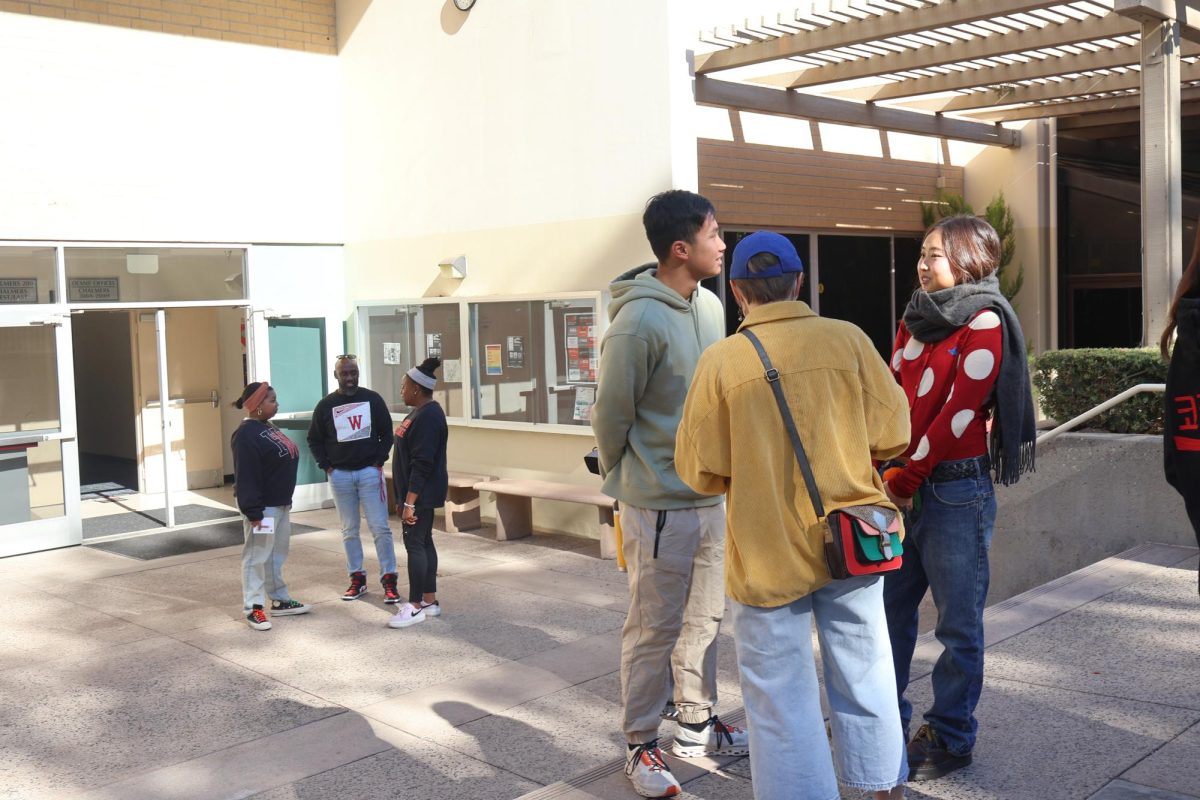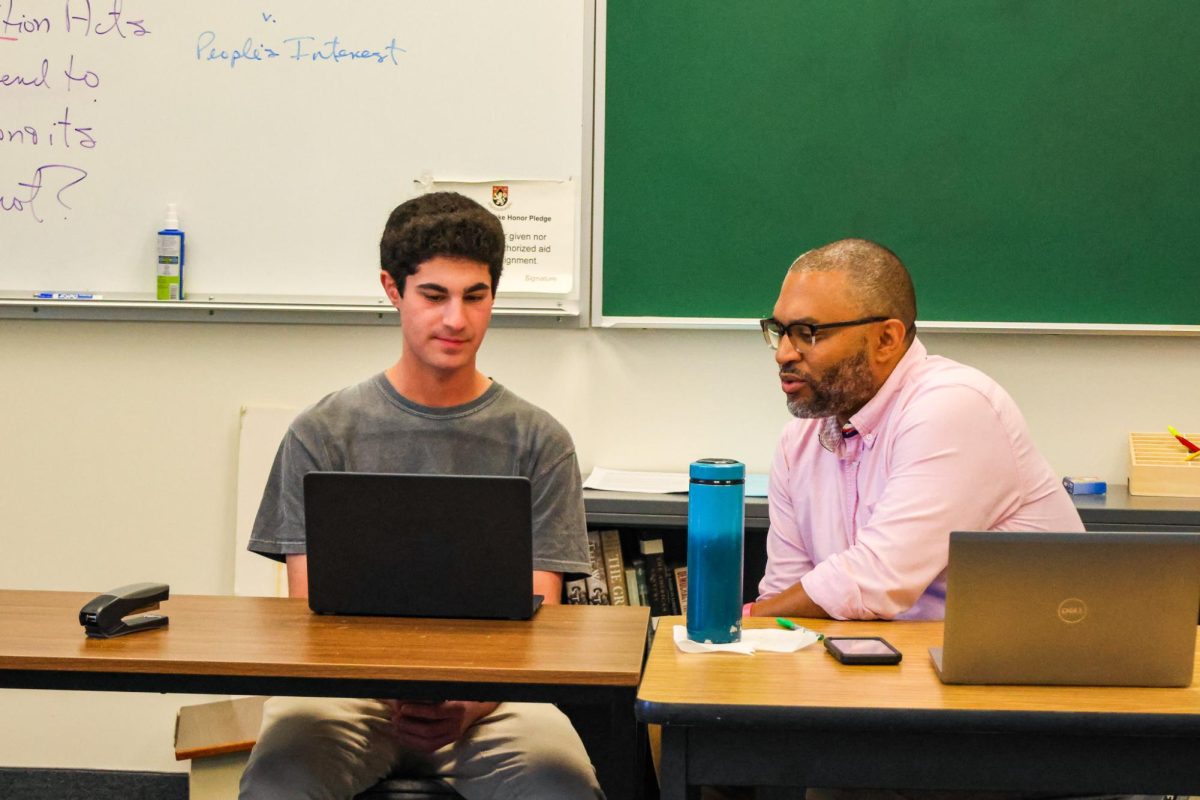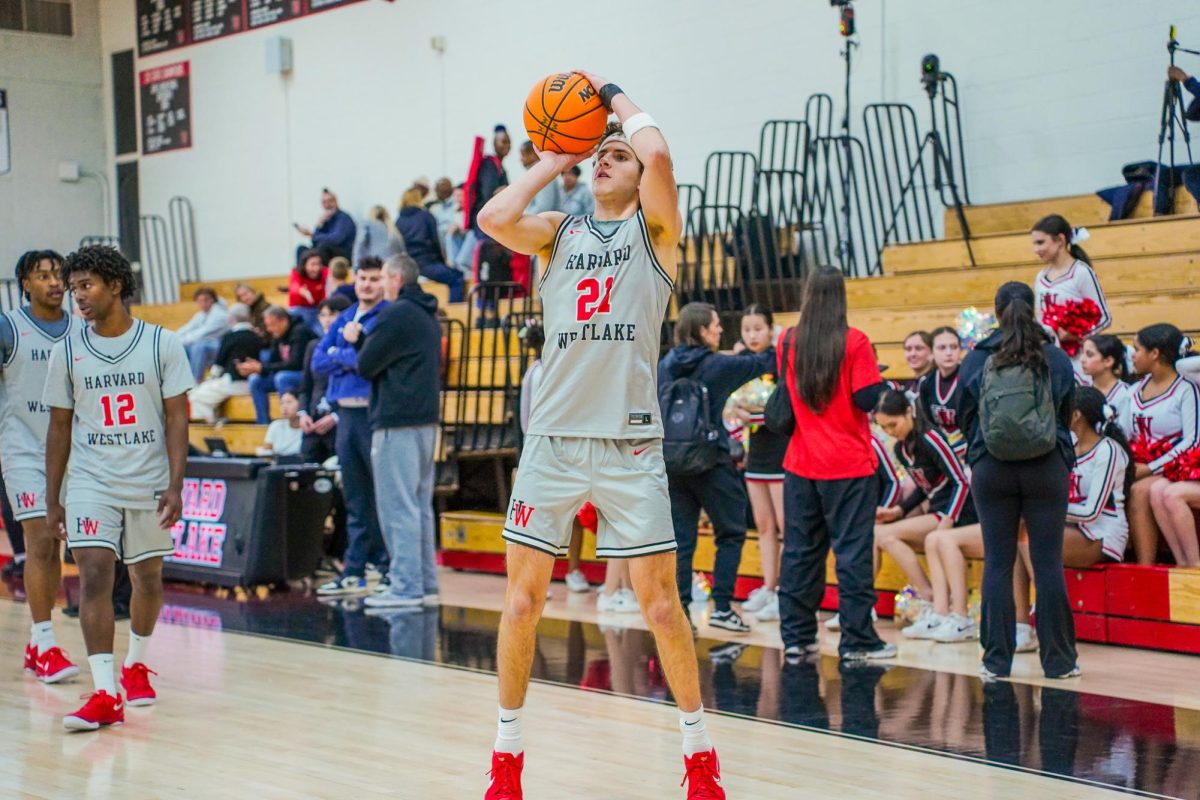After disrupting the AP English Language and Composition exam and prompting the proctor to file an Incident Report to the College Board, over 10 students received Honor Board infractions and had their exam scores canceled.
During the free response section of the exam May 16, some students began causing distractions by stomping their feet and throwing paper airplanes, AP English Language and Composition student Eli Timoner ’18 said.
“I was really trying on this, and it was hard to focus,” Timoner said. “It was a very crazy scene.”
When the proctor asked the students to stop, the room erupted in to clapping. Students moved chairs, and at one point some started a “wave” across the room.
After hearing about what occurred in the exam room, English Language teacher Stephen Thompson said he was shocked and disappointed.
“I expected the opposite from this class, because I know that everyone on the [AP English Language: Imagined Socities- Utopias and Dystopias] team had been encouraging our students for a month before the exam, telling them how important it was and how much it meant to us,” Thompson said. “We all went down to wish them luck personally and look them in the eyes. It just seemed like a slap in the face.”
In the case of disruptive behavior during an AP exam, proctors are allowed to dismiss a student for misconduct and file an Incident Report, according to the 2017-2018 AP Coordinator’s Manual. Even if proctors do not dismiss the student, they are required to fill out an Incident Report that details the situation, length of disturbance and affected section.
As a result, the College Board canceled some students’ scores and required the school to offer a make-up exam for students who did not create the disturbance and felt their performance was affected, Head of Upper School Laura Ross said.
The proctor, as well as some students who took the exam, identified students who made the disturbance, leading the school to take its own disciplinary action through the Honor Board, Director of Student Affairs and AP Coordinator Jordan Church said. While he is aware that other students were likely involved, Church said there is no evidence to take them through the disciplinary process.
“We want to make it very clear that this was extremely inappropriate and not the behavior that we want from our students,” Church said.
Of the Honor Board cases related to the incident, punishments ranged from not receiving a GPA boost to not being allowed to attend senior retreat, based on how disruptive the student’s actions were and whether the student had prior Honor Board cases, Church said.
“The beauty of an honor code system is that punishments are not so uniform,” Church said. “We do listen to the student. We do hear their side of the story, and then we determine what we feel is best considering the circumstances.”
English teachers spoke to English Language students to express their disappointment.
“I told them that I was speaking to someone, and they said to me ‘well, what do you expect from such entitled kids?’” English teacher Charles Berezin said. “If you don’t like hearing that about Harvard-Westlake, neither do I. But how was I supposed to argue against that?”
Ross also explained the financial implication that AP exams have for some students who may get college credit for high scores and pay for one less year of college.
“For people to just be not thinking about that, it showed such a lack of empathy and understanding,” Ross said.
Some students told Church that they thought their behavior during the exam would send a message to the administration that students want the school to revoke the requirement to take an AP exam.
While English Language student Carolyn Kim ’18 said that she was frustrated by the distractions during the exam, she thinks it is an example of why students should not be forced to take AP exams.
“It looks worse for Harvard-Westlake to have a bunch of kids getting ones and twos on an AP and a bunch of Honor Board cases after messing around for an entire AP than to just let them not take it,” Kim said. “It could have been handled better, but I do think it’s started a conversation that kids have wanted to start for a long time.”
Students should have used other tactics to advocate for changes in policy that they want to see, Church said.
“Even if the school felt that way, on principle, we probably wouldn’t change that rule in response to such behavior,” Church said.
Although she said she understands that some seniors will not want to put effort into AP exams, Ross hopes that they do not diminish others’ opportunity to do their best.
“[Students should] remember that just because something isn’t important to you, if it’s a commitment you’ve made, just to take that minute to think about all the people [you’re] surrounded by and that [your] choices affect them and that [you] don’t know what everyone else’s situation is,” Ross said.





































